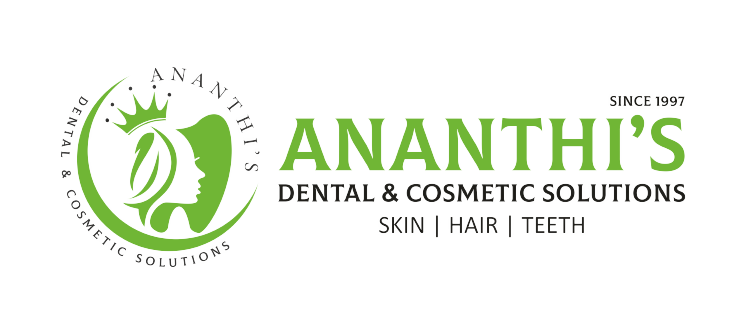Does your baby love their pacifier, but you’re worried it may cause dental issues later on? Sucking on a pacifier or bottle can be soothing for a young child, but it can, unfortunately, lead to dental problems as they get older. Even though baby teeth are temporary, they are still important and susceptible to cavities and other dental problems. They also influence how adult teeth will form.
What Causes Baby Bottle Tooth Decay?
Baby Bottle Tooth Decay most often occurs in the upper front teeth, but other teeth may also be affected. There are many factors which can cause tooth decay. One common cause is the frequent, prolonged exposure of the baby’s teeth to drinks that contain sugar. Tooth decay can occur when the baby is put to bed with a bottle, or when a bottle is used as a pacifier for a fussy baby.
Tooth decay is a disease that can begin with cavity-causing bacteria being passed from the mother (or primary caregiver) to the infant. These bacteria are passed through the saliva. When the mother puts the baby’s feeding spoon in her mouth, or cleans a pacifier in her mouth, the bacteria can be passed to the baby.
If your infant or toddler does not receive an adequate amount of fluoride, they may also have an increased risk for tooth decay. The good news is that decay is preventable.
Preventing Baby Bottle Tooth Decay
- Try not to share saliva with the baby through common use of feeding spoons or licking pacifiers. After each feeding, wipe your child’s gums with a clean, damp gauze pad or washcloth.
- When your child’s teeth come in, brush them gently with a child-size toothbrush and a smear (or grain of rice sized amount) of fluoride toothpaste until the age of 3.
- Brush the teeth with a pea-sized amount of fluoride toothpaste from the ages of 3 to 6.
- Supervise brushing until your child can be counted on to spit and not swallow toothpaste—usually not before he or she is 6 or 7.
- Place only formula, milk or breast milk in bottles. Avoid filling the bottle with liquids such as sugar water, juice or soft drinks.
- Infants should finish their bedtime and nap time bottles before going to bed.
- If your child uses a pacifier, provide one that is clean—don’t dip it in sugar or honey.
- Encourage your child to drink from a cup by his/her first birthday.
- Encourage healthy eating habits.
Don’t Let Comfort Become Discomfort
Bottles and pacifiers are beneficial for babies and parents as they provide nourishment, satisfy baby’s natural sucking instinct, and provide comfort and security. However, the long-term use of bottles and pacifiers can lead to dental issues. These include crooked teeth, misalignment of the jaw, and baby bottle tooth decay.
SHORT DESCRIPTION:
Tooth decay in infants and toddlers is often referred to as baby bottle tooth decay. It can occur from frequent sucking or sipping on milk or juice over an extended period. This condition mostly happens when parents put their baby to bed with a bottle, use a bottle as a form of comfort, or prolong its use. When sugars and carbohydrates come in consistent contact with teeth, decay-causing bacteria flourish, rotting the child’s teeth. Tooth decay is nothing to take lightly, as it can lead to painful infections. In extreme cases, tooth extractions or extensive dental treatments may result





